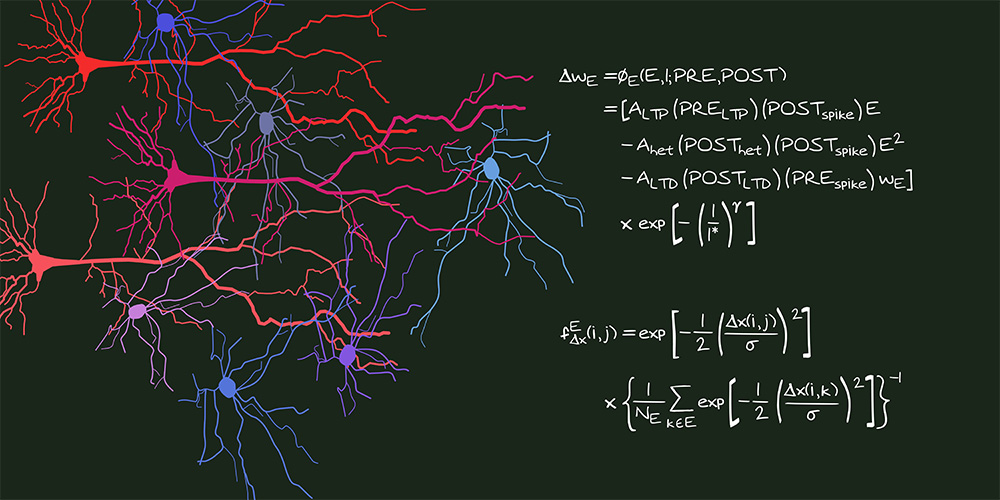The nursing crisis is on everyone’s lips, and creates additional challenges for healthcare staff. A report by the University of Basel shows how satisfied psychiatric nursing staff are with their daily working lives.
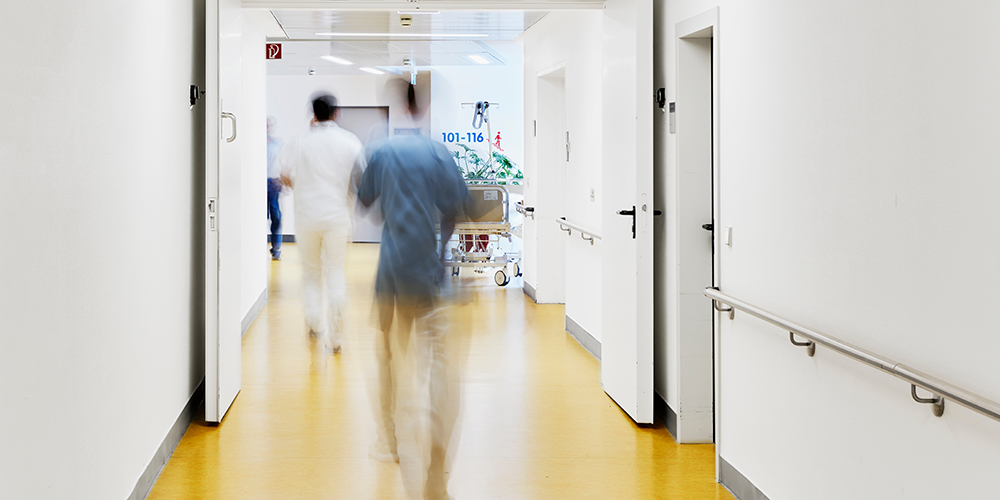
Microplastic particles can be found in the most remote ocean regions on earth. In Antarctica, pollution levels are even higher than previously assumed. This is one finding of a recent study involving researchers from the University of Basel.

A free throw in basketball will have every eye glued to one person. It's an intensely stressful situation. A research team led by the University of Basel studied whether a friendly tap on the shoulder increases the odds of making a shot.
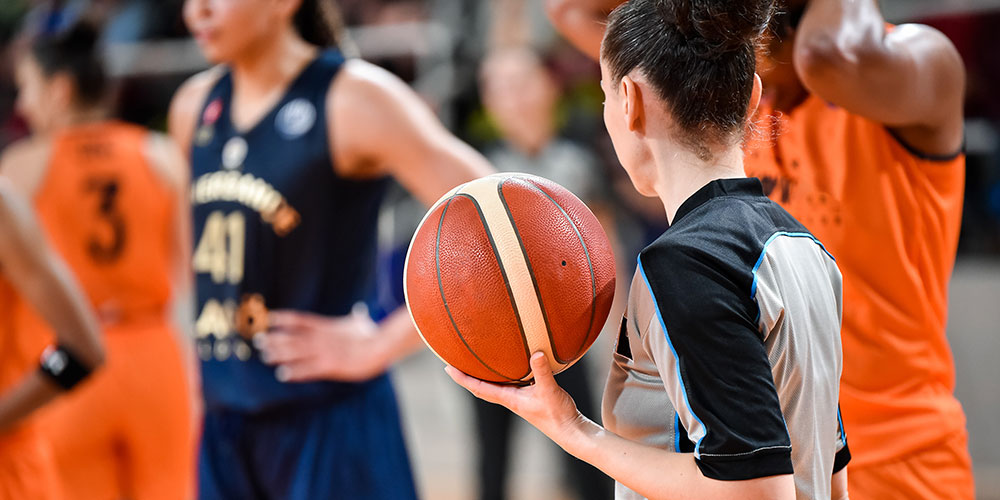
The approval of marijuana for medical use has had little effect on the mental health of the general population in the US. But legalization for therapeutic purposes does benefit those for whom it is intended. This is the conclusion of a study by researchers at the University of Basel.

When crops grow in arsenic-contaminated soil, this toxic element accumulates in the food chain. A study involving the University of Basel has now discovered a mechanism used by corn plants to reduce arsenic uptake: the key factor is a special substance released into the soil by the roots.
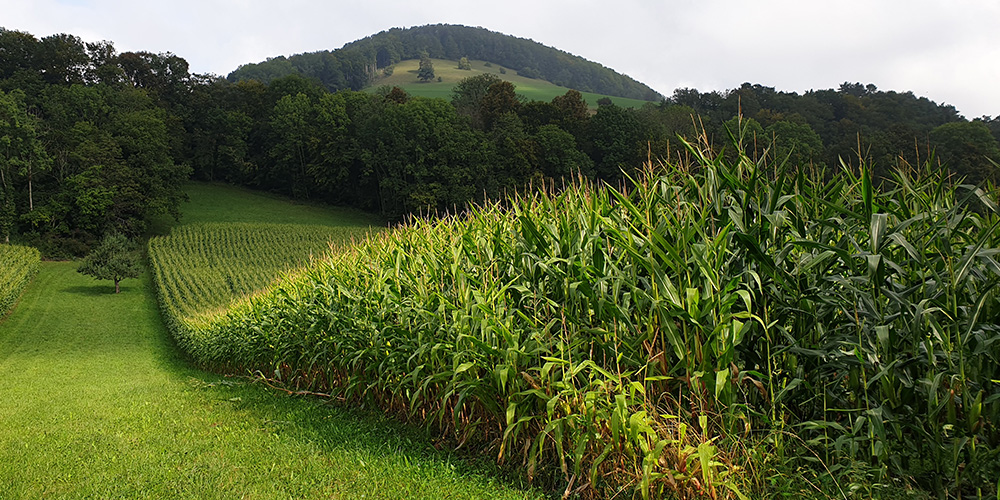
The Basel spin-off company Bottneuro is developing a personalized treatment helmet. Thanks to targeted brain electrostimulation, the innovative device is intended to have a positive effect on the course of diseases such as Alzheimer’s
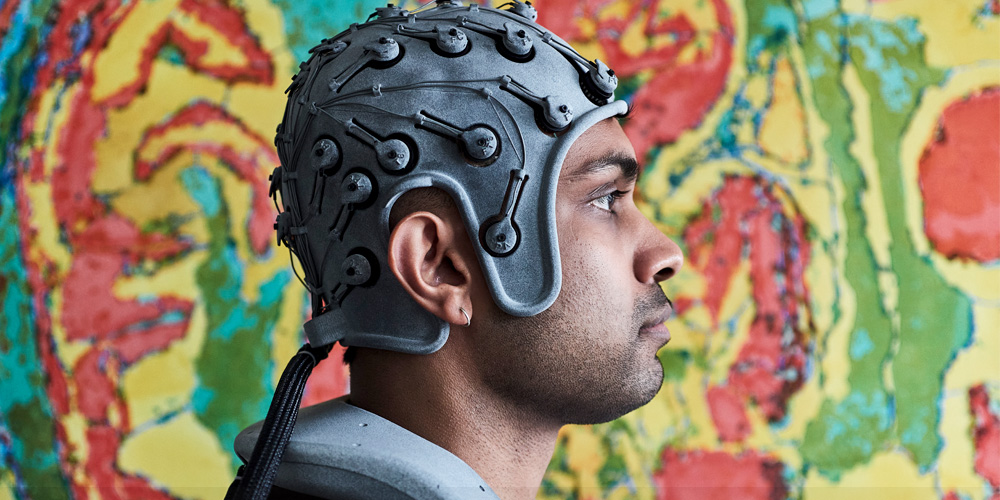
Today, more and more people are embracing open relationships. Dr. Francesca Miccoli wrote her doctoral thesis on the legal recognition of polyamory. She discusses this form of romantic relationship in the following interview.
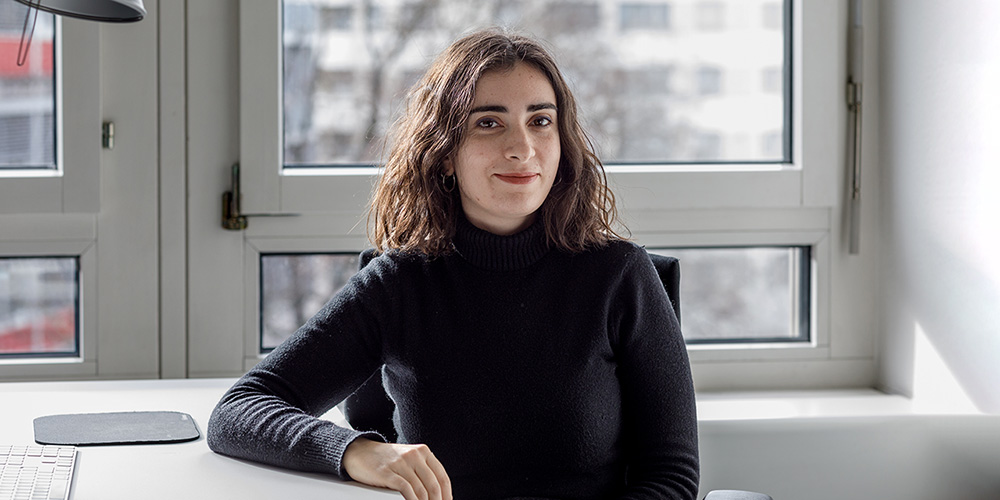
Should I invest my money with a small chance of big returns? Or is it better to pick investments that promise a series of modest returns? A psychologist from the University of Basel conducted a scientific experiment to study when people prefer certain types of investments.

A researcher at the University of Basel, in collaboration with a colleague in Austria, has developed a new model that provides a holistic view on how our brain manages to learn quickly and forms stable, long-lasting memories. Their study sheds light on the crucial role of interactions among neighboring contact sites of nerve cells for brain plasticity – the brain’s ability to adapt to new experiences.
